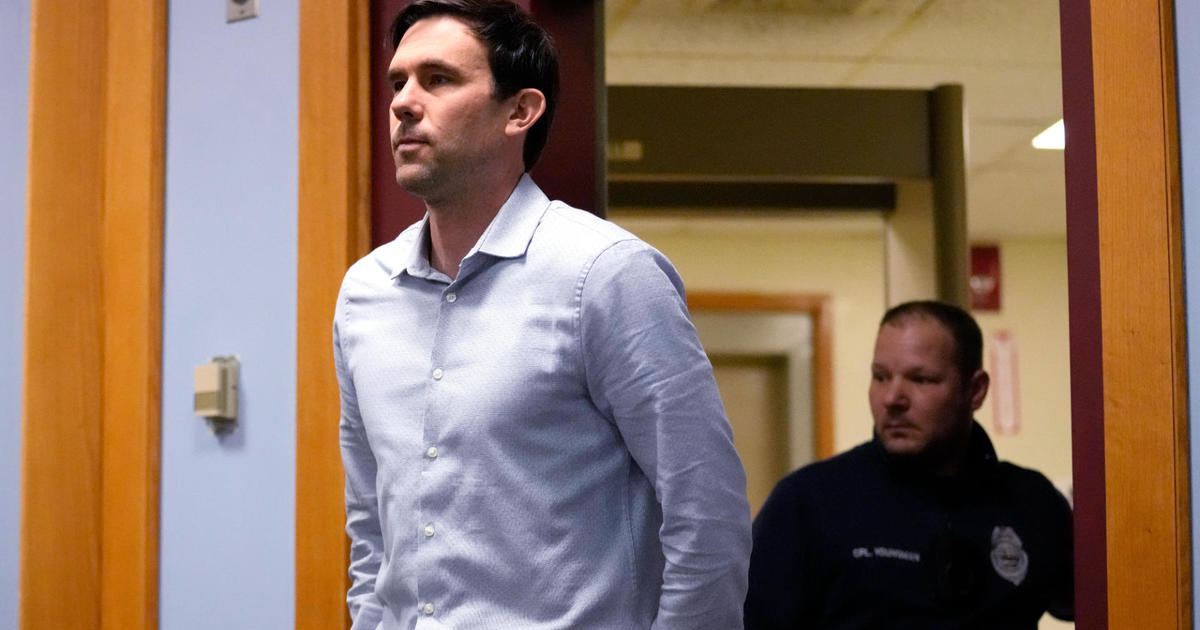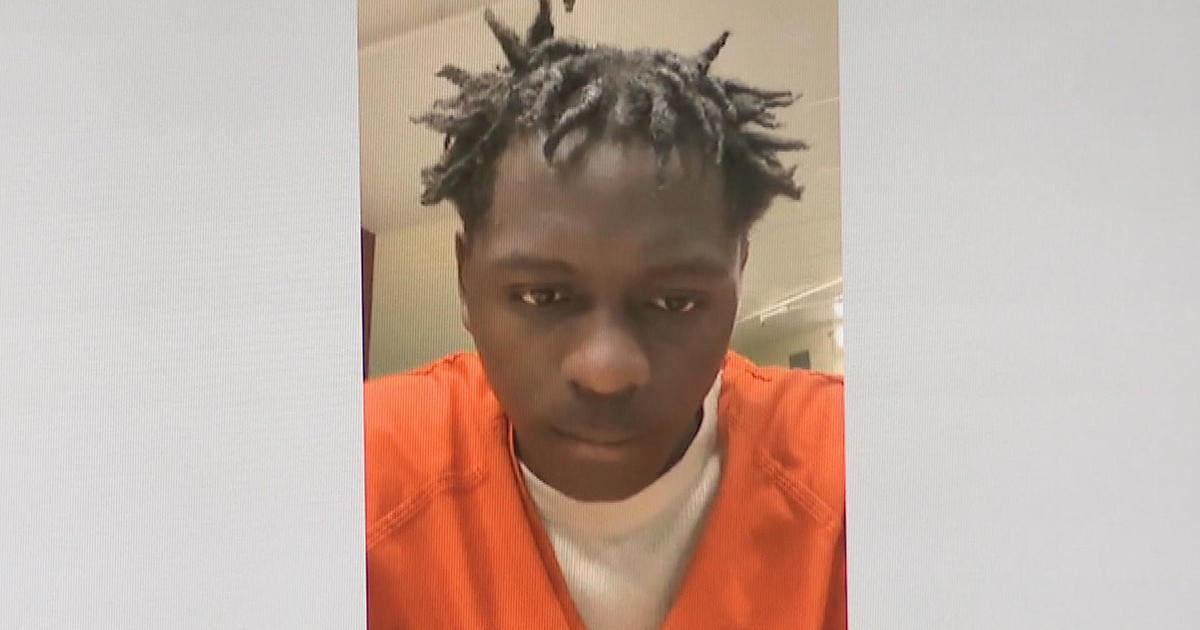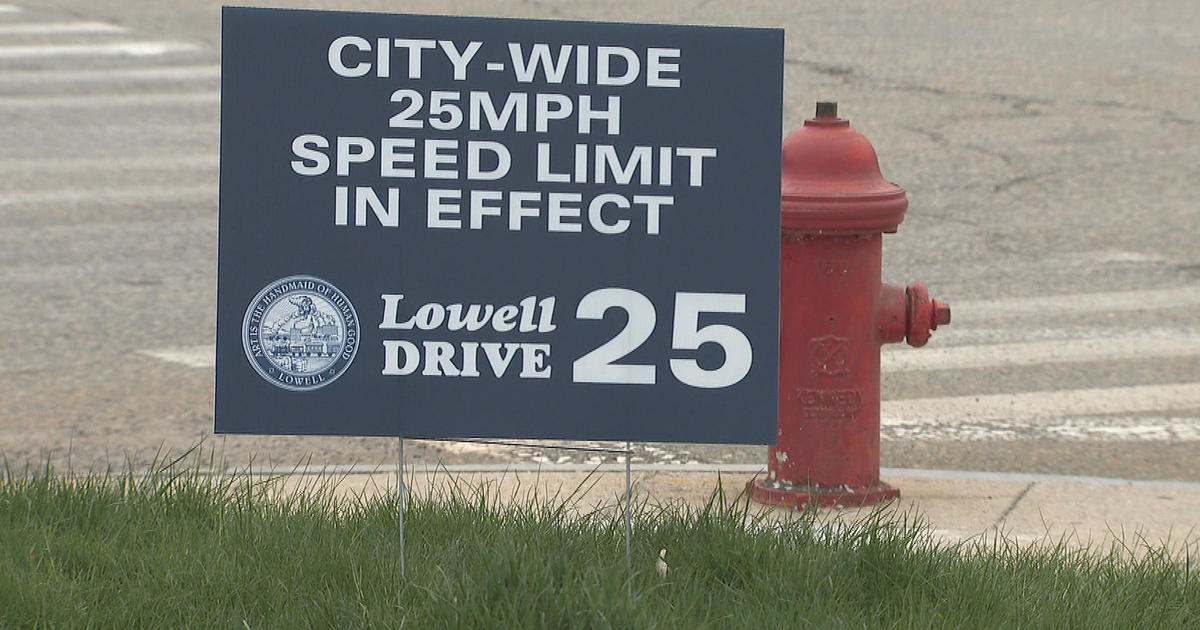NH Officials Seek Solutions For Spike In Heroin Overdoses
CONCORD, N.H. (AP) — Through the first nine months of this year, New Hampshire has already counted almost as many heroin overdose deaths as all of 2013 and officials say they need to beef up enforcement efforts and treatment and consider expanding the use of a drug that can counter overdoses.
The state has recorded 65 heroin overdose deaths so far in 2014, compared to 70 all of last year. But there are at least 70 more suspected heroin deaths from this year that haven't been confirmed by toxicology tests — enough to mean New Hampshire could see its number of overdose deaths double in a year.
"(Heroin) is pure, it is cheap and it is available," Public Safety Commissioner John Barthelmes said Friday. "We do have an epidemic of addiction."
Barthelmes says the attack on the heroin scourge needs to be three-pronged: enforcement, prevention and treatment.
"There's no magic bullet," he said. "If we don't work together, we will fail."
Experts say much of the spike in heroin addiction is driven by the increased cost and decreased availability of prescription pain killers — such as oxycodone — being sold illegally on the streets.
CHEAP AND EASILY AVAILABLE
At a meeting Friday of the Governor's Task Force on Alcohol and Drug Abuse, Prevention, Intervention and Treatment, Dr. Seddon Savage told members that while prescription drug overdose deaths have dropped 25 percent in New Hampshire in the past five years, heroin overdose deaths have gone up considerably.
"People will use what's cheap and easily available, particularly if you don't have to inject it," Savage said.
Assistant Attorney General James Vara, who prosecutes drug cases, predicts this year's heroin death toll will be "way worse" than last year's.
Vara said part of what's driving the increase in use is a noticeable change in those charged with heroin possession in the past 10 years: From young people with criminal records to older people who never had a record before.
"People are not seeing it as taboo anymore," Vara said, noting that heroin can now be purchased in pill form or snorted.
Vara is part of a task force looking into expanding the use of Naloxone — often known by its trademark Narcan — that counters opioid overdoses. Under state law, only EMTs can currently administer Narcan. Vara said they may propose distributing the overdose kits to police officers, other first responders and the families of addicts.
Vermont is in the midst of a pilot program that allows overdose kits to be distributed to family members. In the first six months, the kits countered 34 heroin overdoses, according to the Vermont state health department.
NEED FOR SPECIALTY COURTS
Vara said more drug-specialty courts are needed to address addiction and repeat offenders. Currently, only five of 11 counties have such courts.
"We can still get people arrested and prosecuted, but that doesn't impact the problem of those who are using and are unable to stop using," Vara said.
Barthelmes, Vara and other task force members are counting on Medicaid expansion to make rehabilitation and treatment options available to those at the poorer end of the addiction spectrum.
Barthelmes, with 40 years of law enforcement experience, said the ongoing communication and cooperation between health care professionals, law enforcement, education and social services providers was unheard of 10 years ago.
"These coordinated strategies are being put in place," he said. "They're going to take a little time to work."
Copyright 2014 The Associated Press. All rights reserved. This material may not be published, broadcast, rewritten or redistributed.
MORE LOCAL NEWS FROM CBS BOSTON



